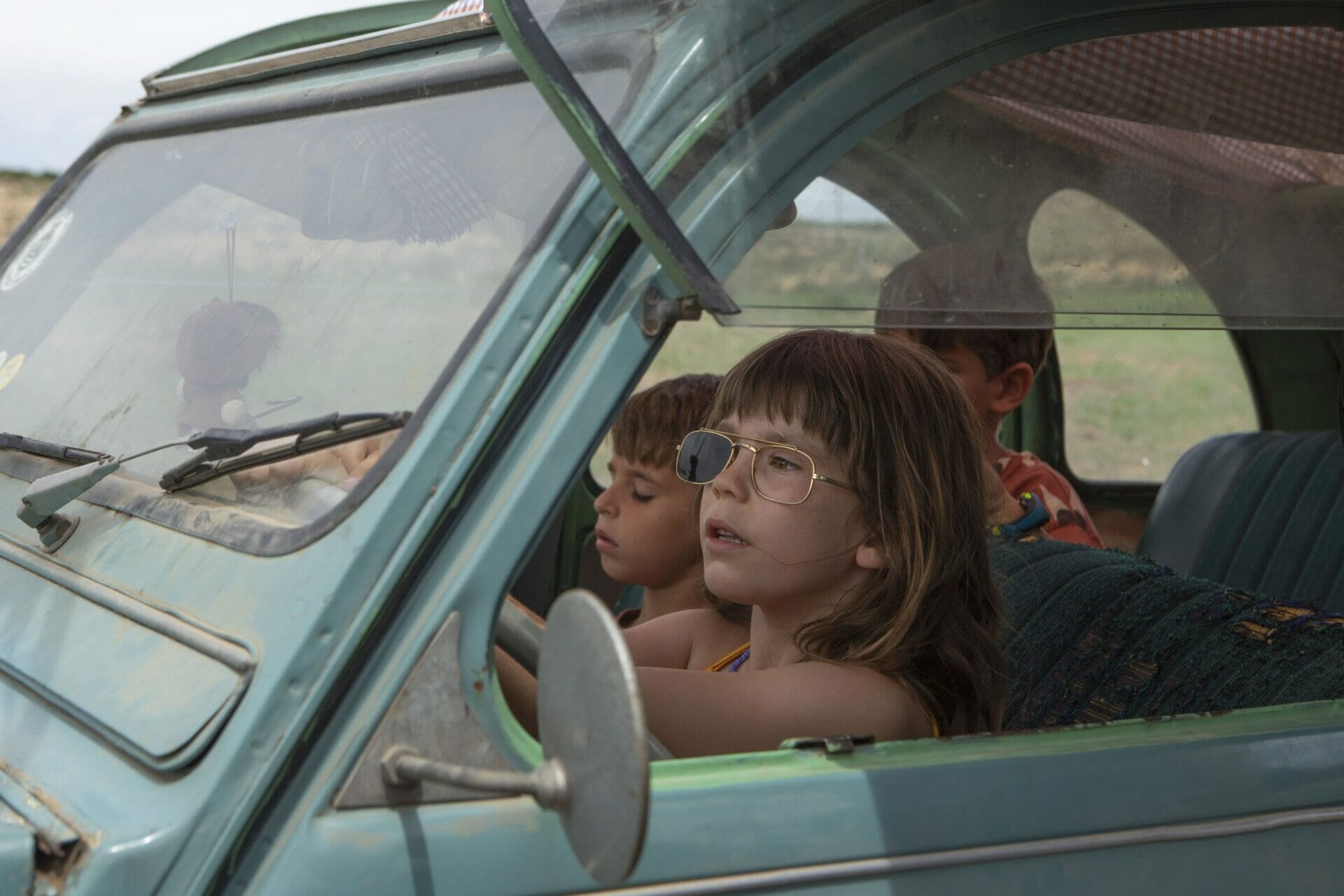
The Great Derangement | The role of literature in the climate crisis
Author
Year
Format
Amitav Ghosh’s book The great derangement: climate change and the unthinkable – originally a series of lectures given at the University of Chicago – offers an exhaustive reflection on where humanity stands on the issue of the climate crisis. Author of best-selling novels Shadow Lines and River of Smoke, Ghosh takes an unusual step and delivers a very impactful essay.
Ghosh argues that humanity is living in an era of great derangement. Hence, an era of blindness to the warnings of global warming. An era in which, particularly mainstream fiction, cannot represent the phenomenon of climate change. There is an imaginative failure at work: the failure of literature to envision solutions to overcome a daunting future.
Stories I: Mainstream Fiction vs. Sci-fi
Ghosh’s essay is insightful for literature lovers as it desperately advocates for the formation of new writers. Writers who know how to make climate change a concrete and pressing issue, evident in the mind of readers. Indeed, one of the main critiques in the book highlights the absence of literary fiction about the issue. Usually, it is only present in non-fiction works; novels and short stories rarely discuss it. Thus, Ghosh wonders why it is so hard for mainstream fiction to deal with the issue.
Literary fiction – considered serious fiction, unlike sci-fi – does not usually deal with the climate crisis because it is too real of a problem. First, improbable climatic catastrophes are hard to imagine. Second, they would become real in people’s imagination, and the ethical difficulties of handling them would also become too real. In short, people will start panicking if climate change becomes too real in their imagination. Whereas mainstream literature deals with the probable bourgeois life, sci-fi is delegated to deal with the improbable nature.
Stories II: Cli-fi
A fast-growing fictional niche called cli-fi puts the climate crisis at the center. However, its problem, according to Ghosh, is that it only talks about the future. While most of the genre only portrays apocalyptic scenarios, it is also true that more and more authors are positioning environmental issues in the present by providing insights on how to coexist with extreme weather events today.
Ghosh himself gives an example: Barbara Kingsolver’s Flight Behavior. But many other novels do so. One is Lenny Offill’s Weather which approaches the issue with extreme irony whilst offering ethical-practical solutions.
Overall, the main takeaway from Ghosh’s essay is that society is experiencing a cultural and imaginative crisis associated with the climate crisis. Literature is the solution. It has to solve this crisis by providing a convincing narrative of how much the problem is real. And it is part of our lives today – not tomorrow.











